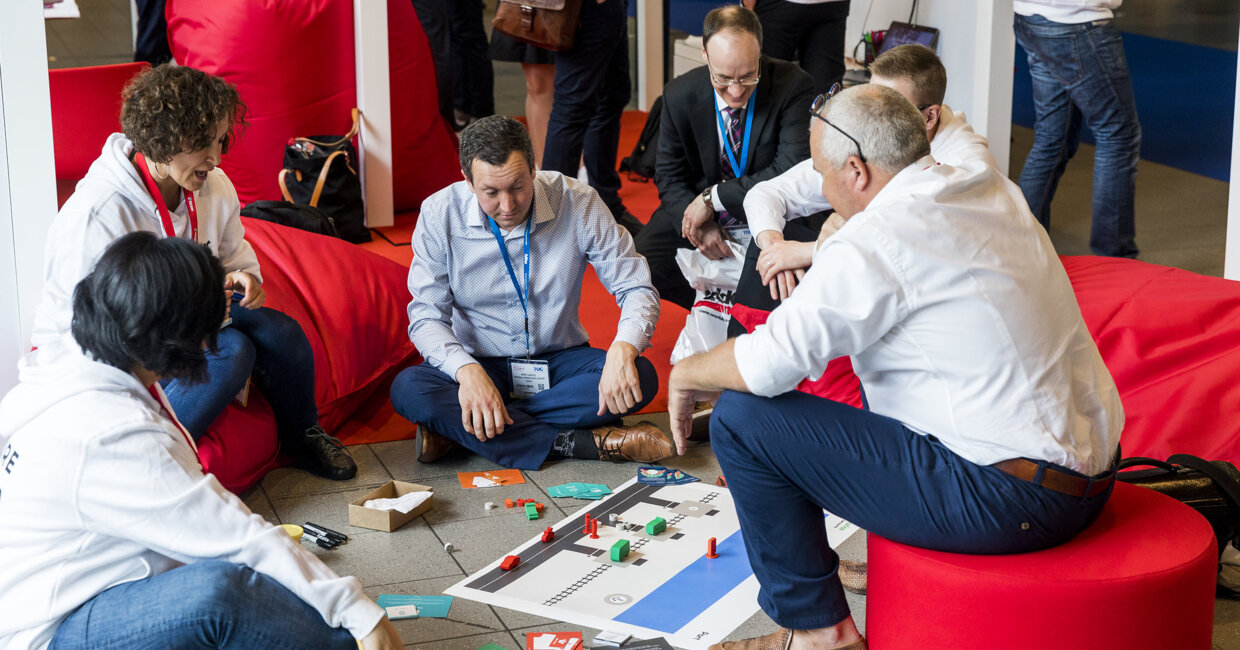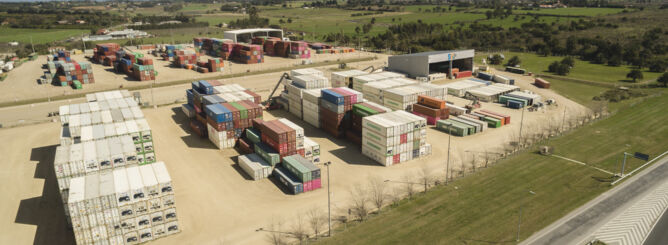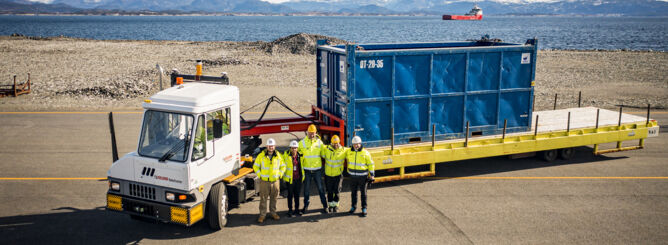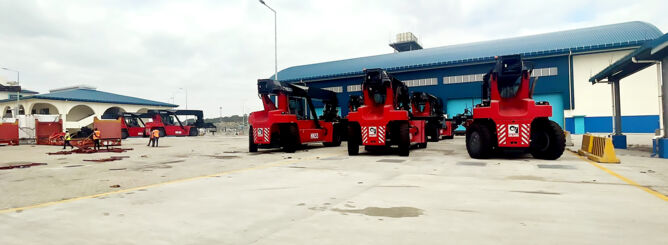Co-creation is changing the future of cargo handling
New ways of working together enable Kalmar and its customers to utilise the unique expertise of both parties, share costs and risks, and come up with proven solutions quickly.
Kalmar’s approach to product development is increasingly moving towards developing solutions together with customers. Co-creation ensures that the developed solution (a combination of equipment, software and services) solves a real customer need. It speeds up industry development by enabling completely new solutions that combine diverse perspectives.
The entire logistics industry is currently in the midst of a major technological shift that is set to transform almost every aspect of the business landscape over the coming years. Digitalisation, automation and electrification have brought genuinely disruptive change, along with a vast range of new technical possibilities.
"Since Kalmar built its first machines decades ago, the development of each successive generation of container handling equipment has progressed continuously, but the basic business models have largely remained unchanged – until now," says Peter Söderberg, Vice President, R&D Mobile Solutions, Kalmar. "Co-creation is a way for our customers to get their business to the next level by developing solutions together."
Even though today's rapidly changing business environment requires the development of completely new ways of conducting business, the risks and financial investment of such an effort may be impractical for a single company. "If we can share the development, we can do things together much faster and with less risk for both parties," says Söderberg.
"Co-creation is a way for our customers to get their business to the next level by developing solutions together."
Changing the landscape
"Co-creation can encompass a wide range of activities. It starts with understanding of the customer's business – the opportunities and challenges they have in their operations. If you can get into that mode of understanding, you can have a great creative discussion, but it does require trust," says Svante Alverönn, Vice President Solution Sales, Kalmar. "It's an interesting exercise to go into the customer's business together with them, and really drill down into what they actually need. Sometimes it can be about relatively simple things, and finding ways to improve them."
Kalmar's core business has traditionally been at large terminals and in logistics operations. Söderberg points out that creating solutions for new industries involves a host of novel challenges – most of which are best solved in collaboration with the customer. A tangible example of co-creation is a recent Kalmar project with an industrial company, where the two parties looked into automating logistics processes in an industrial application. By combining the knowledge and expertise of both parties, they were able to come up with a completely new concept.
"Any time you go outside your known areas, you will have much quicker development if you do it together with the customer," says Söderberg. "For a container terminal, the act of moving goods around is part of the core value that they provide for their own customers. For a sawmill, for example, the underlying business logic is quite different. So we need to think of the solution in a different way, maybe even finding completely new ways of utilising our mobile equipment."
Collaboration is the new competitiveness
Kalmar works with the principle of co-creation not only with customers, but also with its own suppliers. "Electrification is a great example," notes Söderberg. "Our new all-electric products require a lot of development work for various subsystems as well as on-board batteries. However, the state of the art is progressing so rapidly that if a battery supplier only sells what they have in their offering today, it becomes a bottleneck for our product development. We have to be able to do the actual development together with our suppliers to get the capabilities we need, when we need them."
Alverönn points out that the trend towards commoditisation is a common sourcing strategy, but not necessarily the optimum way to gain business value.
"If you are only focused on transactional buying and pushing down costs, you lose the possibility of leveraging the experience of your partners and suppliers. If you really want to develop your business, you need to use the full capabilities of your suppliers and create deeper partnerships. Once you get to that level of long-term trust, you can actually create something new together. It's really the only logical way for companies to thrive in today's rapidly changing digital business environment."
Söderberg sees the willingness and capability to work together as the new measure of competitiveness.
"I really think this is something on which we can and should compete. We need to encourage our customers to come forward with the business problems they would like to solve. They can ask not only what is available in our product catalogue, but also what could be available. And if it isn't yet on deck, maybe we can create it together."



